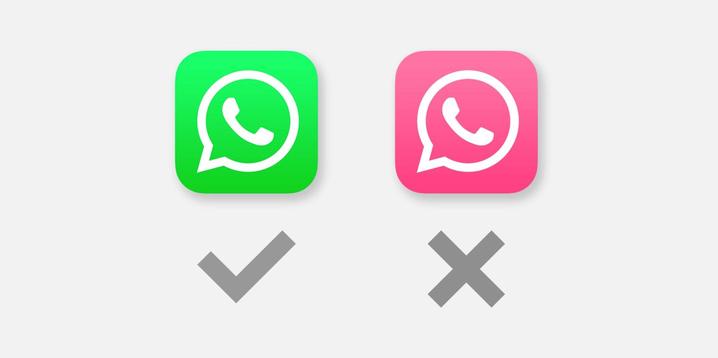You got a text message about a parcel delivery, when you didn't order anything? Be careful. And even if you ordered something, beware. Belgium is indeed under a "second wave" of FluBot virus circulation, after a first one last spring. About two million phishing attempts-or SMiShing, for SMS Phishing-have been blocked every day by operators for about a week. As a reminder, phishing is an attempt to retrieve data, via a link sent by SMS, for example, in order to trap you, install an application and control your phone, spy on your actions and, among other possibilities, empty your bank account, especially if you operate from your mobile phone.
Attempts at exponential infections
"since last week, mobile operators have blocked more than 2 million SMS per day. More than 2000 infected GSM have already been blocked by operators in recent days due to abnormally high SMS traffic"
, confirms and specifies the spokesman of the IBPT, the federal regulator of telecommunications. It is important to know that if the mobile is infected, the virus actually tries to contaminate the entire directory by sending the same kind of SMS to the various recorded contacts, which can quickly result in an exponential chain of contamination.
The slogan is therefore clear: do not click on the link and report it to

For example. If you have installed the fraudulent application required by the link sent by SMS, contact your bank directly as well.
"SMS messages are sent from the GSM of customers infected with Flubot mobile malware. It is difficult to determine the exact origin of SMS, because once infected, it is the customer's GSM that becomes the vehicle for transmission to other users. In other words, these SMS come from legitimate customers of telecom operators," says the IBPT. "it is difficult to determine the exact origin of SMS, because once infected, it is the customer's GSM that becomes the vehicle for transmission to other users. In other words, these SMS come from legitimate customers of telecom operators," says the IBPT.
"suspicious SMS messages again seem to come from a parcel service. If you click on the link in the SMS, you are asked to download an application. Don't do so. You will install a virus on your device that will be able to access your personal data such as your passwords, your credit card data and your entire contact list," warns Katrien Eggers, spokesperson for the CCB, Belgium's cybersecurity centre.
How to celebrate Onam in your apartment? http://t.co/d1zitBvx
— Mamatha Ravi Mon Aug 27 12:17:19 +0000 2012
"when operators find that a customer has been infected, for example on the basis of abnormal SMS traffic, they temporarily block that customer and give them the reasons for the blocking and the instructions to follow in order to eliminate the malware. It is therefore up to the customer himself to remove the mobile malware from his device. It is important that customers do so. Indeed, malicious software also sends international messages and may therefore potentially result in high bills," says Jack Hamande, board member of the IBPT. "it is therefore important for customers to do so. Indeed, malicious software also sends international messages and may therefore potentially result in high bills," says Jack Hamande, board member of IBPT.
To uninstall the fraudulent software, which is rampant on Android, you must either reset your mobile to factory configuration, or go through the "no-fail mode" and manage to uninstall the software, which refuses to be uninstalled in "normal" mode. For any parcel tracking, it is worth remembering that it is best to go directly to the sites of the various delivery and official carriers if you want to track it.
The complete procedure is available on the safe on Web site:
Did you get this message? Don't click on the link!
How do I know if you have installed the app?
Did you install the app? Remove the virus
Do not enter your password or log into an account until you have tried one of these solutions.
Choose the method that seems the easiest to you. Are you in trouble? Ask for help from someone who has a good command of smartphones.
Method 1: restore the factory settings of your device
Method 2: restart your device in "checkless mode" and remove the fake Bpost application
Finally:
Medical deserts, public services: what assessment of Macron on rurality?
What is the best Oppo smartphone to choose?
The best phones in 2021 for photos and video
Good Plan: the recap of 4G packages on sale